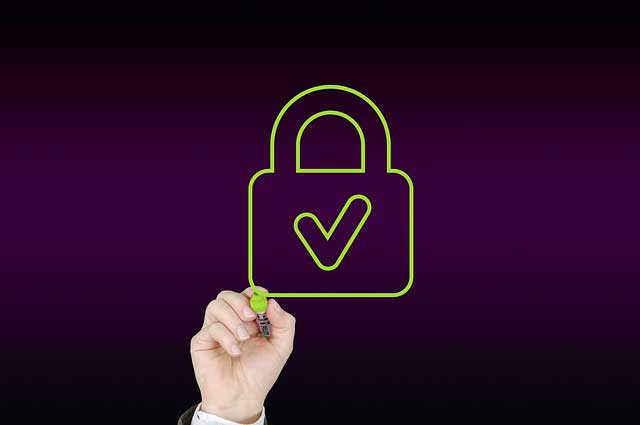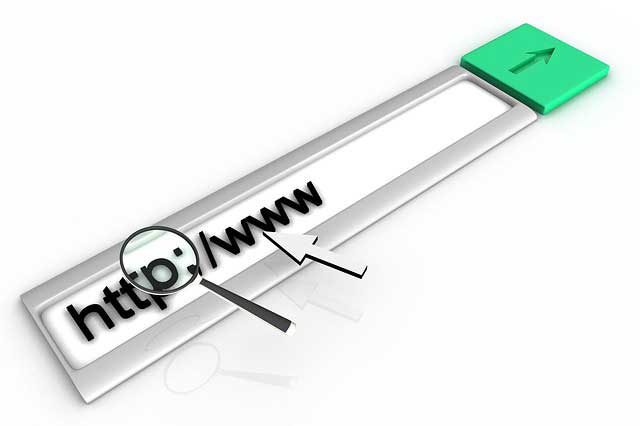
This is a contributor’s article from Clay Morrison of Clay Media Consulting.
Your freelance website is a major part of your work. It can showcase your best work and be a great way for you to expand your business.
According to statistics, 53% of SMEs saw an increase in revenues in the past year. Some businesses (1.6 million) are even experiencing months when their standard revenue doubles.
As a result of these statistics, a quarter of small businesses are having to employ more staff or find freelancers who can complete work due to rapid expansion. And there are just under 400,000 small businesses being started in the UK, with a quarter of them registered in London.
Therefore, this is a great time for freelancers to start finding new work among new businesses and expanding ones. However, there is a problem – cybercrime. According to statistics, about 20% of small businesses experience a cyber attack at some point. And when that happens, there is a 60% chance that the attack will cause the business to shut down.
Therefore, you should look at ways of protecting your website from a cyber attack. Here are some of the key aspects.
1. Improve Website Security

The first thing you should do is to improve your website’s security. The login details should be harder for the cybercriminal to guess. So, don’t have admin as a username, as this is often used. Also, avoid the most common passwords. Too many business leaders still use passwords like ‘password’, ‘123456’ and ‘pa55w0rd’.
A secure password should be alphanumeric with one special character and at least one uppercase and lowercase letter. In addition, the password should not resemble a word (like ‘pa55w0rD!’). If you write down your password, make sure you keep it in a secure location so that it’s not sold on and used.
2. Get An SSL Certificate

One of the things that many small businesses and freelancers forget is that they don’t secure their website with an SSL certificate. You can tell if your website is secure with an SSL certificate by looking at the browser. If there is HTTPS at the beginning of your web address, then you’re using an SSL certificate.
There are many ways to purchase an SSL certificate. Some hosting companies provide them for free and will install them for you. An SSL certificate is also great for your rankings online. Google sees this as a bonus, and it will improve your ranking in search results.
3. A Website Security Seal
Something else you should be looking at is having a Site Seal. This is a feature on your website that monitors your website for malware that is installed by hackers. It prevents your website from being used by criminals to download viruses to users of your website without your knowledge.
There are different versions of a Website Security Seal. Some will inform you when malware is detected and then alert you to their presence for you to remove them. Then there are some seals that can do the whole job for you.
4. Keep Your Website’s Software Up To Date

Another key area where you might not be keeping your website secure is by not updating software when there are updates available. Updates to website software are usually provided because there are security flaws found in the previous version. The new version solves these, so your site is more secure.
When you don’t regularly update your website, you are leaving it open for hackers to gain access. WordPress, Joomla and other CMS systems may need to be updated daily because of all the plugins available.
5. Download From Official Pages

As a continuation of tip number 4, it’s also important to only install software from official sources. Do not download anything from an email that came from a client or a potential client. Malicious content is now getting smarter and sometimes they can mimic the official look of reputable websites. It’s best you go to the website itself to get any software update and do not give others access to your computer.
A couple of years ago, an unsecure campaign lured business and mostly freelancers into downloading Airdroid. It’s a remote access app that allows users to navigate their smartphone via their PCs. However, there have been multiple reports of credentials being stolen after installing the app.
6. Don’t Fall For Phishing

As mentioned previously, crooks are getting smarter with their malicious intent to get your information. The most common way to do it is via email phishing. It’s best to watch out for misspelt websites and emails that urge you to re-login or key in your credentials.
It’s best to report these attempts so companies can help secure your account. Install a reliable security solution to protect you from malware, email phishing and spam, and other cyberthreats.
7. Invest In Automatic Backups

One of the key reasons why businesses fail after a hack is that they are often left with nothing. That is why it is important to have backups of your website and all the digital content that you have on your website. A backup can be done manually via FTP or other means.
When a hack does happen, then the compromised files can simply be removed from the website and the backup uploaded. This can take as little as an hour. The more often you backup your data, the less you’ll lose when you are hacked.
8. Do Not Send Images Of Your Ids And Credit Cards

Since most freelancers get paid online, it’s best to be secure when transacting payments digitally. Only use reputable online payment systems, like PayPal, to ensure your money can be recorded safely, if you are getting your payments directly, never send anyone a photo of your ID and especially your credit cards.
Your CVV / CVC code (seen at the back of your card), as well as the expiration date, secures you from any malicious credit card transactions, so never disclose them. You do not need to provide this information when you need to get paid, perhaps at most only your card number.
Conclusion
Don’t forget that small businesses, and freelancers, are often targeted by hackers because they lack the resources, knowledge and time that larger organisations must secure systems.
Yet securing your website doesn’t take long, and it’s an important part of being a freelancer. Ensure your site is secure using the tips we’ve mentioned above.















